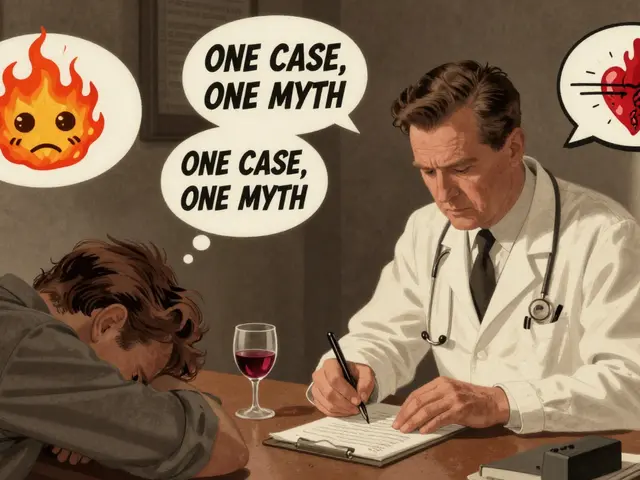Women's Health: Practical Tips on Vaginal Health, Hormones & PMS
Ever had a symptom and wondered if it's normal or if you should see a doctor? Women's health covers a lot—periods, hormones, vaginal infections, and mood swings. I keep things practical here: clear explanations, simple steps you can try, and when to get medical help.
Bacterial vaginosis (BV) often shows up when the balance of bacteria in the vagina changes. Hormonal shifts around your period or menopause can make that balance fragile. If you notice unusual discharge, odor, or discomfort, those are signs to check out. Treatment is usually antibiotics prescribed by a clinician, and keeping follow-up appointments matters to avoid recurrence.
Hormones affect more than periods. Rising and falling estrogen and progesterone change vaginal pH and immune response. Birth control pills that contain ethinylestradiol BP can help some women with PMS by smoothing hormonal swings. That doesn't mean it's right for everyone—side effects and personal health history matter—so talk to your provider about risks and benefits before trying hormonal options.
Gut Health and Vaginal Infections
Your gut and vagina share bacterial communities more than you'd think. When gut bacteria get out of balance—after antibiotics, a poor diet, or stress—it can influence vaginal flora and raise the risk of yeast infections or BV. Eating fiber, fermented foods, and using probiotics after talking with your clinician can help restore balance. Small changes in diet often make a noticeable difference in a few weeks.
Simple daily habits can cut your risk of trouble. Avoid douching, choose breathable cotton underwear, and use mild, unscented soaps. Be cautious with feminine hygiene products that claim to freshen; they can disrupt natural bacteria. When you're starting or changing a birth control method, give your body a couple of cycles to adjust and note any persistent new symptoms.
When to See Care
If you have fever, severe pain, heavy bleeding, or symptoms that last more than a week despite home care, see a healthcare provider. For recurring infections, ask about testing for underlying causes like STIs, hormonal imbalances, or diabetes. Keep a symptom log—dates, flow, pain level, new products—and share it during visits to speed up diagnosis.
If you try probiotics, pick strains with lactobacillus and talk to your clinician about timing after antibiotics. For yeast infections, over-the-counter antifungal creams can work, but recurrent cases need testing. If you have diabetes, keeping blood sugar in range lowers infection risk. Small, steady steps beat quick fixes.
Track your cycle, symptoms, mood, and medications in an app or notebook. Patterns help your provider tailor treatment. If mood swings or sleep changes are tied to PMS, cognitive behavioral strategies and lifestyle tweaks often reduce severity without jumping straight to medication.
Explore the linked articles below for deeper reads on each topic: a closer look at BV and hormones, whether ethinylestradiol BP can ease PMS, and how gut health ties into vaginal infections. Use this category as a starting point—get tips you can try and know when to get professional care.
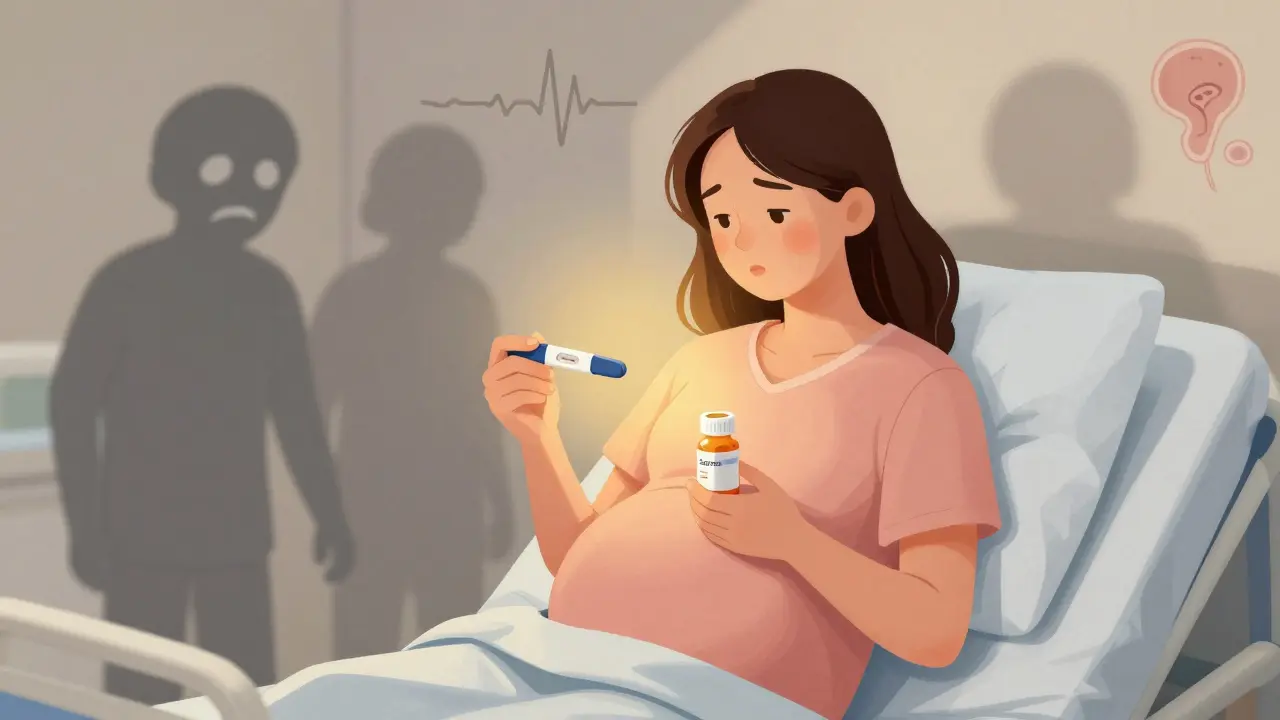
Antidepressant Use in Pregnancy: What You Need to Know About Safety and Side Effects
Antidepressants during pregnancy are safer than many believe. Sertraline is the preferred option, with minimal risks to the baby and major benefits for maternal mental health. Untreated depression poses far greater dangers.
View More
Self-Advocacy for Menstrual Cramps: Get the Treatment You Deserve
Period pain shouldn’t derail your life. Here’s how to advocate for proper diagnosis and treatment-what to track, what to ask for, and how to get heard.
View More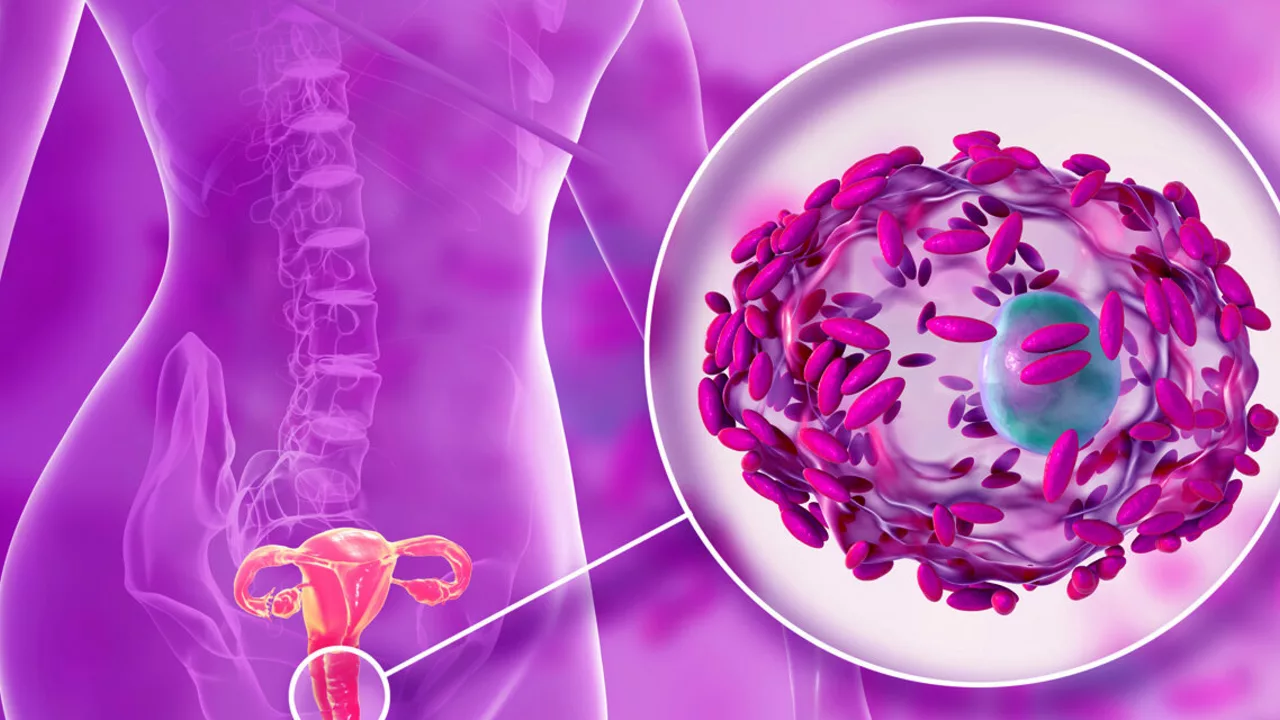
The Connection Between Bacterial Vaginosis and Hormonal Changes
In my recent research, I've discovered an intriguing link between bacterial vaginosis and hormonal changes. It appears that hormonal fluctuations, particularly those related to menstrual cycles and menopause, can significantly impact the balance of bacteria in the vagina, leading to bacterial vaginosis. This condition is characterized by a shift in healthy bacterial levels, often resulting in discomfort and unpleasant symptoms. It's essential for women to understand this connection and seek appropriate treatment if they experience these changes. Keep in mind, maintaining hormonal balance can prove vital in preventing bacterial vaginosis.
View More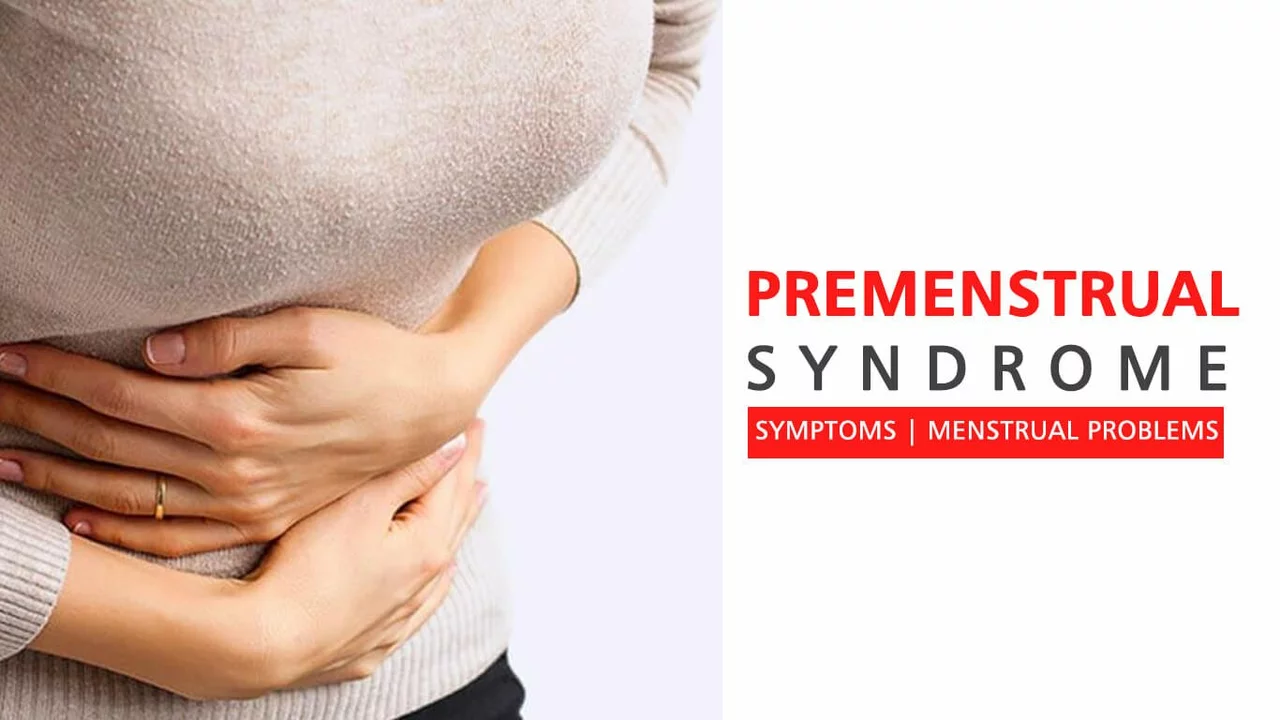
Can Ethinylestradiol BP Help with Premenstrual Syndrome (PMS)?
As someone who suffers from Premenstrual Syndrome (PMS), I've been curious about different treatment options. Recently, I came across Ethinylestradiol BP, a synthetic estrogen, and wondered if it could help with PMS symptoms. From my research, it appears that Ethinylestradiol BP has been used in combination with progestin in oral contraceptives, which can help regulate hormonal fluctuations and alleviate PMS symptoms for some women. However, it's important to remember that each person's experience with PMS is unique, and what works for one person might not work for another. If you're considering trying Ethinylestradiol BP for PMS relief, I'd recommend discussing it with your healthcare provider to see if it's a suitable option for you.
View More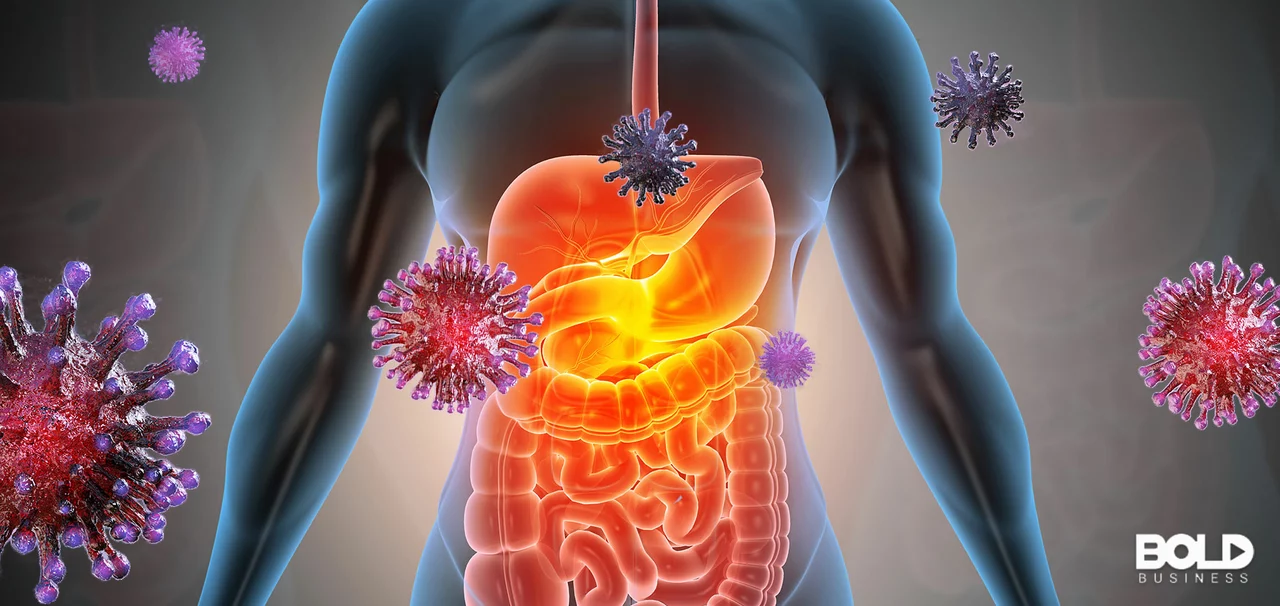
The Connection Between Gut Health and Vaginal Infections
In my latest research, I have discovered a fascinating connection between gut health and vaginal infections. It turns out that a balanced gut microbiome is essential for maintaining a healthy vaginal ecosystem. When our gut bacteria are thrown off balance, it can lead to an overgrowth of harmful bacteria and yeast, which may cause vaginal infections like bacterial vaginosis or yeast infections. So, taking care of our gut health through a balanced diet and possibly probiotics is crucial in preventing these uncomfortable infections. I will definitely be paying more attention to my gut health to ensure my overall well-being.
View More
